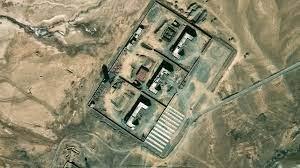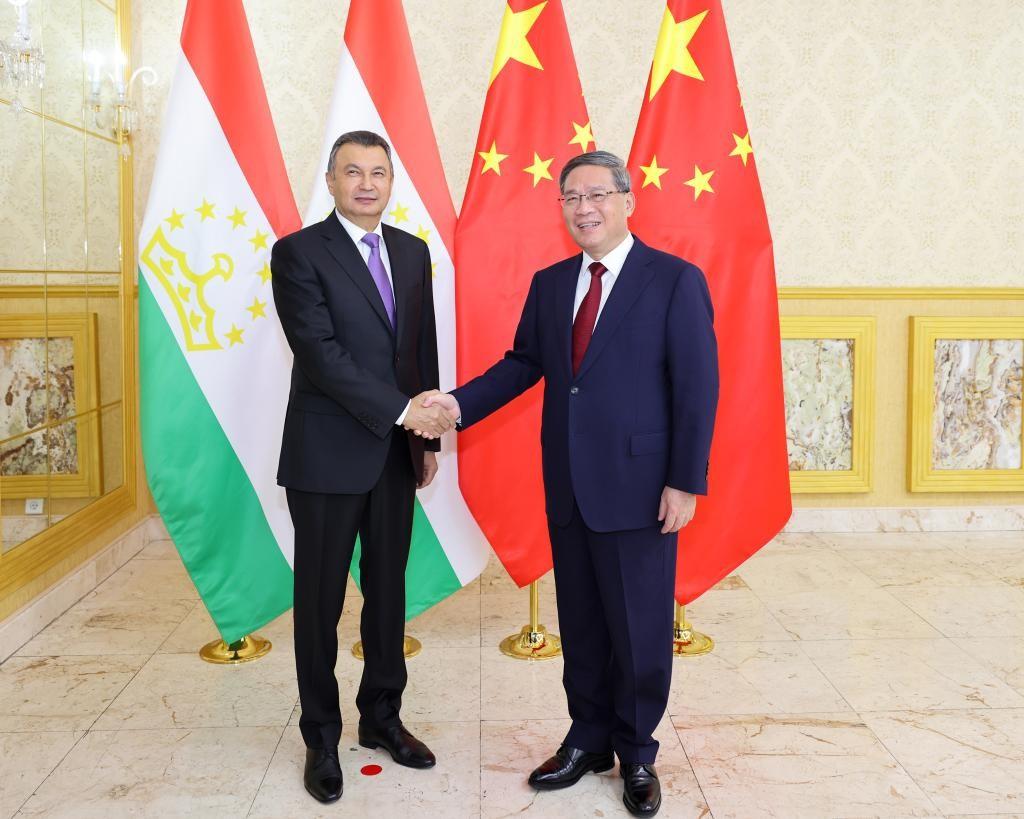China’s increasing footprint in Central Asia Stepping up military
On July 10, the Western media reported China's alleged construction of a new military base in Tajikistan, sparking concerns in the region and beyond. Despite China's denial, its deepening security partnership with the mountainous country since 2016 is evident. This strategic move, which China attributes to the threat of radical Islamism from neighbouring Afghanistan, underscores its growing interest in Central Asia.
Apparently, the new facility has lookout towers and troops from both countries. Even before the new military facility, China set a tradition of joint military drills with Tajikistan in an attempt to ramp up the security skills of the local armed forces to combat potential security risks, particularly radical terrorist groups. As such, joint operations were held in 2006, 2015, 2016, 2019, and 2022. In 2022, Tajikistan and Chinese special operations forces conducted a joint counter-terrorism operation at a mountain training centre outside Dushanbe.
In the last few years, the Central Asian region witnessed another growing level of terrorist activities perpetrated by the Islamic State Khorasan Province (ISKP). In this regard, China cautiously watches the strengthening position of ISKP in Afghanistan and Pakistan border areas with a potential spillover to bordering Tajikistan and Kyrgyzstan.

Hence, the alleged military facility is not China's first-ever facility in Tajikistan, as it has at least two military facilities on Tajik soil. Almost a decade ago, China set up a radio monitoring site in Tajikistan more than a decade ago to track Western involvement in Afghanistan. Traditionally, China established military facilities in Tajikistan’s Gorno-Badakhshan province to help the Tajik forces secure the area from the Taliban infiltration.
In addition to the Taliban and ISKP, China has more delicate concerns, such as the spread of growing radicalism among ethnic Uyghurs in Xinjiang province. Beijing has long put efforts to counter the influence of radical Islamist groups that attempted to exploit the Uyghur cause to trigger an anti-Chinese movement in Xinjiang province. This was made clear by Beijing’s hasty attempts to establish a functional relationship with Afghanistan’s newfound Taliban leadership, abandoning decades of domestic narratives around the Taliban’s violent terrorism.
However, China's keenness to develop more security ties with Tajikistan stirs debates regarding Beijing's plans to do the same in other regional states. Indeed, such perspectives may undermine the influence of countries like Russia and the West. Russia's geopolitical interest in Central Asia has not prevented China from expanding its geoeconomic interests in the strategically important region. For example, on July 4, Chinese leader Xi Jinping visited Tajikistan to sign additional cooperation agreements, thus filling the power vacuum.

On the other hand, Tajikistan’s long-term partnership with China is contingent on its status as a debtor country. In 2022, Tajikistan owed around $2 billion to China to facilitate the exploration works of raw materials on its soil. Beijing has also secured numerous mining rights, as Tajikistan lacks the infrastructure and expertise to develop the industry in a more than 90 per cent mountainous country. Consequently, Beijing is willing to allocate more financial aid to Dushanbe, thus leveraging its influence on it. Given such tendencies, the Tajik government’s attempts to refute the existence of any Chinese military base and outpost on its soil sounds unconvincing.
Hence, the first time China established its military footprint in Tajikistan in 2016, it became apparent that Beijing's ambitions go beyond the establishment of a small military outpost. In a September 2020 report, the US Department of Defense stated that Beijing was seeking to establish a more robust overseas logistics and basing infrastructure to allow the PLA to project and sustain military power at greater distances. The report hinted that Tajikistan would become China's main military logistics point in the near future.
Indeed, Russia's and the West's distraction from the war in Ukraine emboldened China to ramp up its influence in Central Asia by addressing economic and security concerns. Thus, China effectively demonstrated that it can exert soft power and pursue pragmatic foreign policy despite global challenges.








